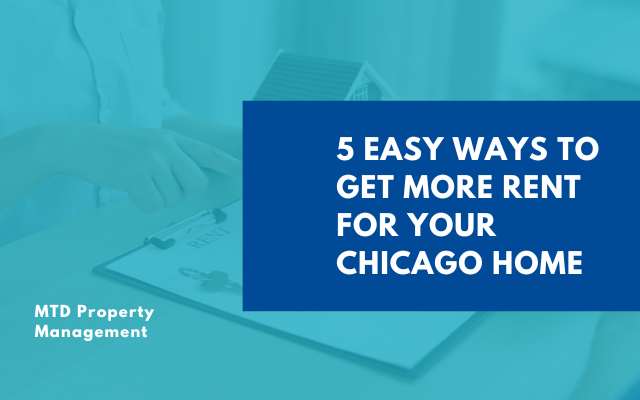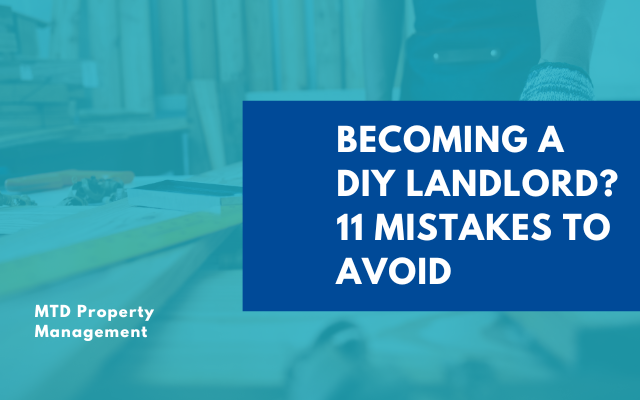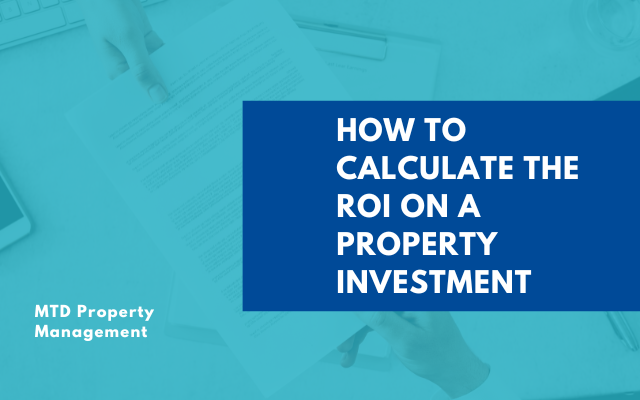How to Convert Your Home into a Rental Property
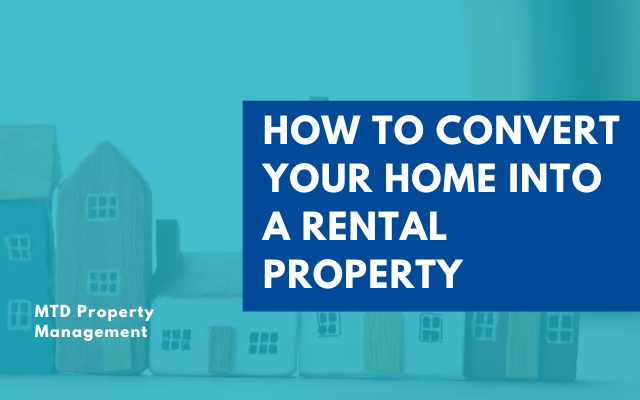
Are you relocating for a job or a new lifestyle? You might be wondering what the proper selling price for your old home should be. However, you can lose optimal income by quickly selling your home. Instead, choosing to convert your home into a rental is a great option.
Rush selling your property can place you at a disadvantage. On the other hand, several benefits await you as a landlord.
Advantages of Owning a Rental Property
- Enjoy a steady passive income! Use it to finance another property or update your new rental place
- The value of your rental property increases over time, meaning you could reap a great profit when you sell it in the future
- Gain from tax deductions! Renting out your unit allows you to deduct rental expenses, leading to a lower tax rate
Home to Rental Conversion
Here are some tips on how you can get
your property rent ready:
Ask Yourself if You’re Ready to Become a Landlord
Do you have the free time to become a landlord? Managing your rental means being hands-on and ready to attend to your tenants when they call you with concerns or requests. It also means being attentive to property issues and scheduling repairs. In addition, you’ll need to draft a rental agreement, make sure that the property policies are being followed, as well as collect rent payments.
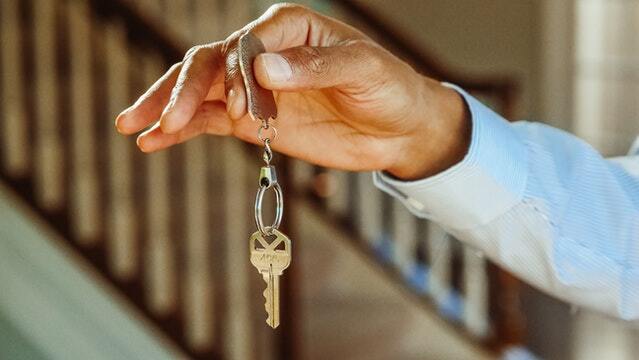
If this sounds like too much work or stress for you, hiring a property manager is an excellent alternative to self-management! By paying a reasonable management fee, you significantly increase your personal time, freeing you to focus on other aspects of your life. For instance, you can spend this time finding more opportunities to grow your investments.
See if You Can Apply for Another Mortgage
You might be able to get approved for another mortgage if you’re moving out of your home.
Lenders may consider your potential rental income and would be open to approving a new mortgage. Some won’t be open to the idea so it’s best to consult a lender first.
Switch to Another Insurance Policy
As a rental owner, it’s best to get
landlord’s insurance to protect your rental unit. Since you’re welcoming renters into your home, wear and tear is expected. Although it offers more protection, landlord’s insurance policies tend to be more costly compared to a homeowner’s insurance.
Your landlord insurance should cover the following:
- Structural damage to your property
- Maintenance equipment that you’ve invested in
- Outdoor features of your property such as pools
- Accidents and injuries that happen on your property
- Legal charges during disputes
- Rent losses if the property is damaged and becomes uninhabitable
- Damage caused by natural disasters such as lightning, fire and hail
Hire a Property Inspector Prior to Renting out Your Unit
It’s important to have your property checked thoroughly prior to welcoming occupants. A home inspector can give you details on
property issues that must be addressed, such as problems associated with plumbing, pest infestations, or a weak foundation.
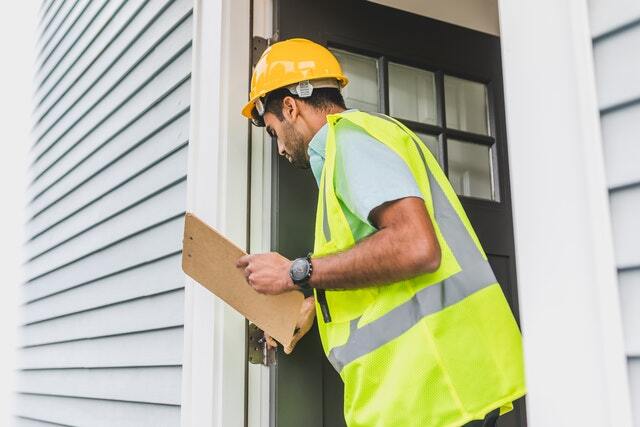
If issues arise during an inspection, make sure to resolve them right away. Though repairs can be costly, it’s much less expensive to deal with them immediately when compared to future repair costs. Always prioritize your tenants’ safety by keeping a secure and habitable rental property.
Make Your Property Attractive
Create a great impression by
improving your unit’s curb appeal! You can do this by repainting or landscaping your exterior property. You can also invest in kitchen and bathroom upgrades, as these are the primary areas that tenants need.
If you decide to offer a furnished rental, evaluate the furniture’s state and ensure that the appliances are in excellent functioning order. Another way to have a well-maintained property is to hire professional cleaners who are experts at scrubbing away dirt and removing cobwebs in hard-to-reach areas.
Learn About Tax Changes
Know that your rental income will be taxed, affecting your tax rate. The upside is you can make tax deductions on your rental property-related expenses.
Here are examples of typical rental costs:
- Utility expenses
- Homeowner’s Association fees
- Landlord insurance charges
- Repair costs around the property
- Property tax payments
- Mortgage interest payments
It’s recommended to get the advice of a tax professional so you’re kept informed about rental property taxes.
Assign the Rent Rate
Set your rental rate once your property is ready for new tenants.
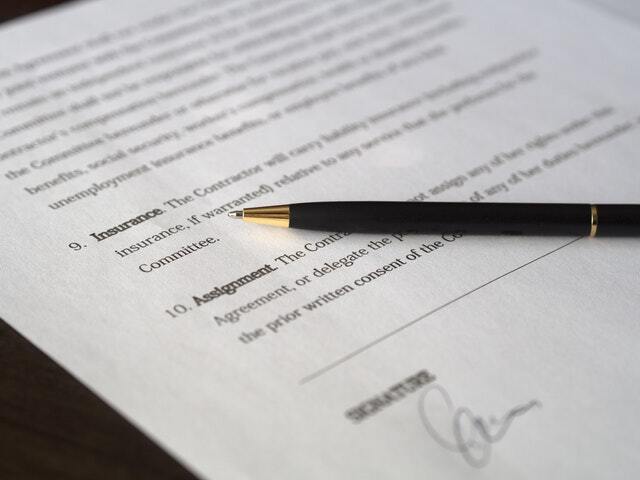
It may be challenging for new landlords to know what price to set for their unit. You can always contact property managers when in doubt since they have industry expertise and local know-how. On your own, you can research online to compare rental prices for properties in your neighborhood that have similar features.
Draft a Leasing Agreement
Without a written contract, a lot of conflicts can arise. There might be disputes about the rental due dates or redecorating the rental unit, which leasing agreements help prevent.
It's crucial to decide on your property policies prior to having occupants. Think about the number of people who can safely live in your unit and consider if pets are permitted inside your property. Be clear on who will bear the expenses of maintaining the yard, collecting the garbage and paying for pest control services.
Clarity and specificity ensure that all parties understand their responsibilities in taking care of the property.
Bottom line
Transforming your home into a rental unit is a great option when you don’t want to sell your property. While it’s true that you’ll be handling extra tasks, the added income you earn is a huge advantage. Following the above recommendations can lead to an easy conversion of your residential unit into a rental place. For all of your property management needs,
contact MTD Property Management!

